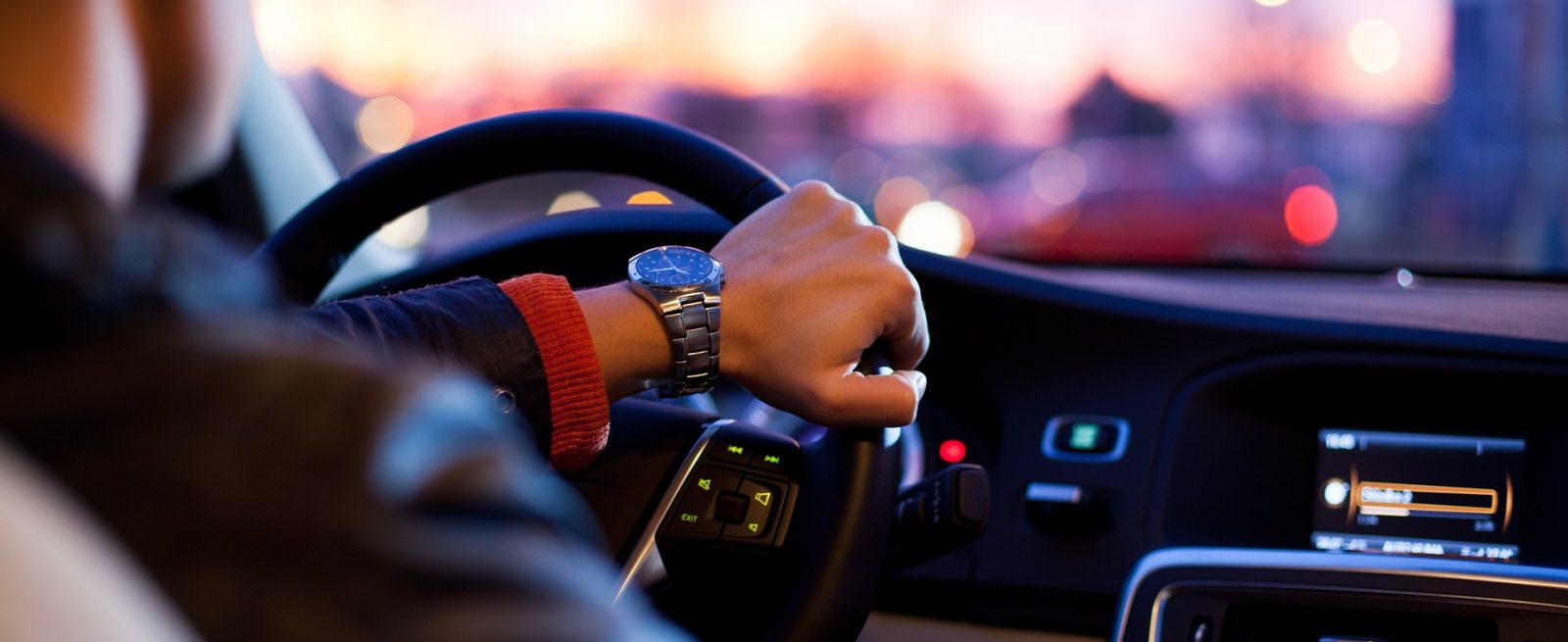Delivery Driver Checklist for Restaurant Owners
4 Min Read By Jonathan Mazer
Many restaurant owners seek to lower their employee-related expenses by hiring contractors in certain roles, rather than employees. There are a number of potential benefits to using independent workers including not being responsible for payroll taxes, withholding tax, workers’ compensation coverage and unemployment insurance.
In the case of delivery drivers, a restaurant owner may also wish to avoid liability for accidents involving an employee and, therefore, an independent contractor may be preferable.
Through advanced planning, restaurant owners may minimize exposure for such liability, while still arranging delivery of delicious delicacies to customers.
This Checklist for Driver Agreements consists of nine DO’s and DON’Ts and will help you draw the line between employees and delivery drivers who are not classified as employees, and thereby manage your liability:
- DO have a signed, written driver agreement with your drivers, if the drivers are independent contractors;
- DO specify in this driver agreement that the restaurant owner does not control the drivers in the conduct of their work;
- DO offer the drivers specific delivery jobs, with the option to accept or reject those jobs, and pay the drivers a commission for jobs actually completed;
- DON’T control the daily activities of the drivers, or retain the right to such control, even if it is not exercised;
- DON’T direct the drivers on the routes they take on their deliveries;
- DON’T require a uniform for the drivers;
- DON’T set the drivers’ hours, pay and hourly rate;
- DON’T own the vehicles used by the drivers;
- DON’T pay for car insurance or maintenance of the vehicles the drivers use.
When drivers are independent contractors and own, insure and operate their own vehicles, and control their own work, the line between contractors and employees is clearly drawn and you avoid liability. In effect, the drivers operate their own businesses, just like restaurant owners, making decisions about the equipment to use (e.g., type of vehicle), the vendors they work with (e.g., repairs, maintenance, fuel, insurance, parking) and their work schedule (e.g., days and hours). Consider the opposite: if the drivers are your employees or drive your cars, as owner of the restaurant and employer, you will be liable when the drivers are negligent when driving.
It is best for all parties when a restaurant owner and the independent drivers have an agreement specifying the rights and obligations for both sides. As noted earlier, there are a number of cost savings and benefits to using independent drivers. Each owner needs to carefully review their operational needs to determine whether working with independent drivers — who can’t be controlled like employees — is appropriate for them. If so, they must have well-written agreements that are actually followed in practice.

Most states rely on some version of the control test to decide whether a driver is an independent contractor or an employee. This was summarized in the 1993 Florida case of Parker v. Domino’s Pizza[1], as follows:
Whether one party is a mere agent rather than an independent contractor as to the other party is to be determined by measuring the right to control and not by considering only the actual control exercised by the latter over the former. . . If the employer’s right to control the activities of an employee extends to the manner in which a task is to be performed, then the employee is not an independent contractor.
In order to determine whether you have appropriate agreements with the drivers or not, it’s helpful to have a knowledgeable attorney read through your agreements and hear about your business practices. Then, the attorney can compare them to relevant court decisions in your state or jurisdiction and in the area where the drivers are operating.
By developing such agreements and practices, you will become an unappealing target for a lawsuit relating to the driver’s activities. You will also have defenses to win such a suit if it is brought, and to win it before any trial. The question of whether the business exercises sufficient control to be deemed responsible for any accident or harm caused by the driver’s negligence is often considered a factual question to be determined by a jury at trial. If the driver agreement is clear about control, and the facts are otherwise without any material dispute, it is possible to win summary judgment that the driver is an independent contractor before the trial. If the plaintiff in the lawsuit is the driver you may be able to avoid the courts altogether by including an arbitration clause in the agreement.
You will need good legal counsel to draft your agreements and help manage your driver contracting processes. If you are sued, you’ll need a good attorney to defend you. Your insurance company may allow you to select the attorney and if not, you should consider having a private attorney review the work of any counsel selected by the insurance company.
Knowing you have a well-made and executed driver agreement, together with best practices, will give you considerable peace of mind and it can literally save your business. It may also save you money in the short run by reducing driver expenses, but it has to be done right. These agreements must conform to local law, an essential step in the recipe for operating a successful restaurant with the help of independent drivers.
[1]629 So. 2d 1026, 1027 (Fla. 4thDCA 1993)


